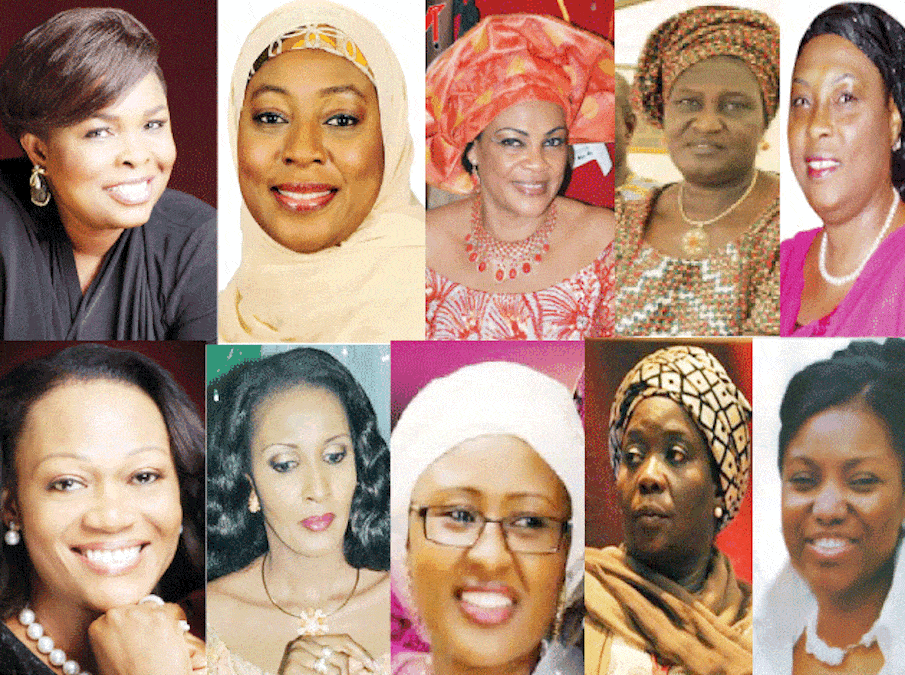Talking about Gender Inclusive Governance, the Akin Fadeyi Foundation, AFF, asked what can a woman do to reform Nigeria If availed the reins of governance in the country. What would they do differently at the various levels and tiers of government that will add value to our society and promote the attainment of public good?
Also, talking women in politics, If they constitute about 50% of the Nigerian population and are claimed to make up 75% of voters, then it is crucial to reconsider why the interests of women barely come through in the design of public policy, or why they are inadequately represented within the structures of decision-making, where difference can be made. Some of the concerns expressed above, among others, are the reasons that motivated the AFF to host a recent conversation in July around the situation of women in the Nigerian governance space.
AFF believes that the time has come for Nigeria to consider a collaborative or even female-led direction into the future of its governance. This context energises AFF to canvass Nigerian women to make video pitches of what they will do if and when they are elected into public office as a competition that would be ranked and awarded prizes.
What can women do? Without a doubt, they have been doing a lot – as pointed out by speakers in the panel discussions – and are capable of much more.
The highly innovative factor that the Foundation has brought to bear on this is in taking a proactive lead by offering a platform for the voices and ideas of women to be heard. Our cerebral panellists drawn from various sectors did justice to the topic.

Foundation’s Partnerships to Foster Gender Inclusive Governance
The Foundation, in collaboration with Accountability Lab, organised a one-day roundtable discussion on road ethics reform, comprising of Federal Road Safety Corps, The Nigerian Police, Driving School entrepreneurs and others. This is still in line with the gender inclusive governance drive by the foundation.
The event, which sought to understand why road ethics are flaunted and how we can curb this trend and reduce the susceptibility to corrupt practices by road users and road regulators, was moderated by the Head of programs at Akin Fadeyi Foundation, Mrs Oluwatomi Okeowo. She led the audience in an interactive session to identify various road offences and contextualised these offences within everyday scenarios.
She also highlighted some measures that can be put in place to ensure that road users’ behaviour complies with ethical guidelines, as listed below: – Make public road report channels and continuously publish success stories of good road use behaviour, as this will change the status quo of complacent and entrenched bad behaviour.

